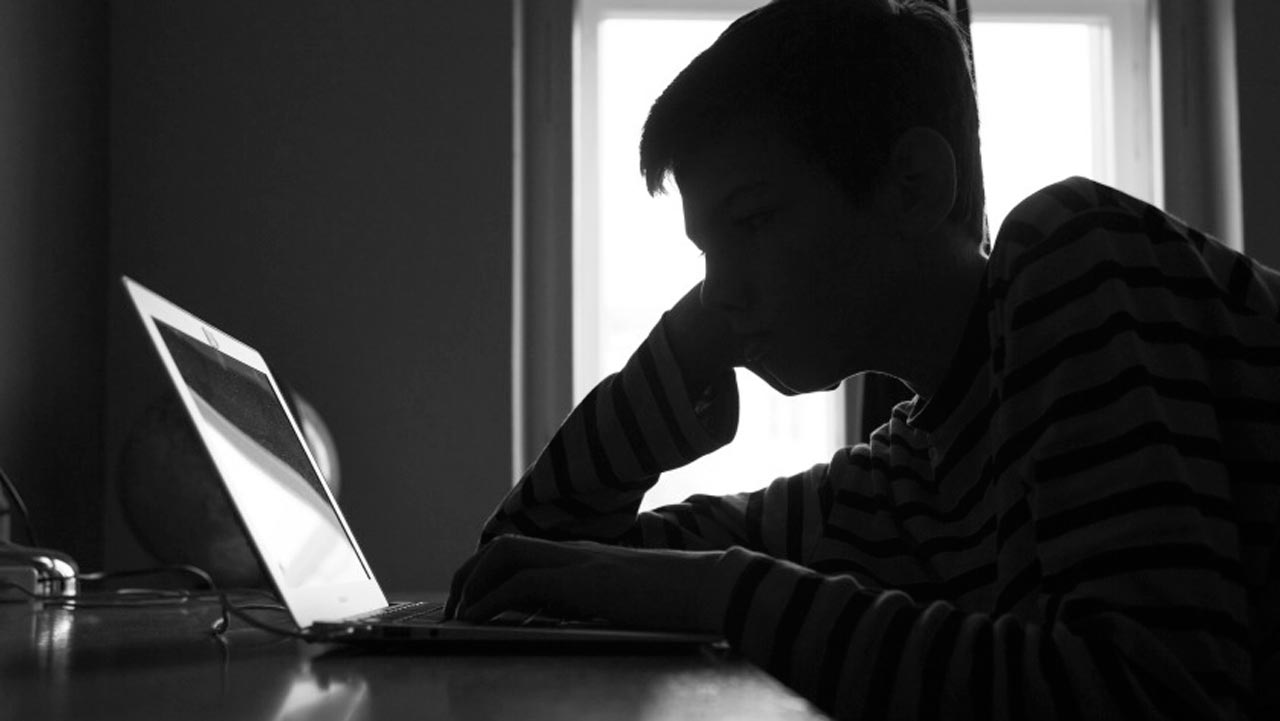A pair of shoes, a cellphone and a death note that reads “Sorry, Dad and Mom” were what L., an eleventh grader in Vietnam, left on the bank of a pond where she allegedly drowned herself days after somebody posted on social media a video of her kissing her boyfriend.
Her death sent a shockwave across her family, friends and the nation.
It drew public attention to an issue that has become increasingly haunting in Vietnam with the rise in popularity of social media – cyberbullying.
L. was not the first victim of online harassment in the Southeast Asian country.
In June 2015, a female high school student in southern Vietnam’s Dong Nai Province killed herself with herbicide after footage of intimate moments between her and her boyfriend was posted on social media, drawing toxic comments attacking the girl’s decency.
Herbicide was also what a female high school graduate in Hanoi used to end her life in June 2013 when one of her portraits was edited into the body of a woman in revealing clothes and shared online.
In September 2016, a male high school student from the northern province of Yen Bai hanged himself out of shame from being beaten and forced to kneel by a gang of youths, which was captured in a clip that went viral on social media.
At a sitting of Vietnam’s lawmaking National Assembly last November, Minister of Information and Communications Truong Minh Tuan revealed a shocking figure: six cases of youth suicides in Vietnam over the last three years were directly related to social media bullying and harassment.
How many more deaths will it take for real change to happen?
 |
| A teen browses the Internet in this AFP file photo. |
An inviolable right
“From a legal perspective, the online sharing of photos or videos of a person without their consent is an infringement upon the person’s inviolability of personal privacy and secrecy, which is protected by the Constitution,” said lawyer Tran Ba Hoc from Ho Chi Minh City.
“Those who share such materials subject themselves to possible lawsuits,” he added.
This is a wake-up call for those in Vietnam who are still using social media without any proper knowledge of the legal consequences of their actions, Hoc said.
Dr. Dang Hoang Giang from the Center for Community Support Development Studies has much to say about mob psychology on social media, where he says everybody can be anonymous.
“The attraction of social media lies in the fact that it gives one a stage to perform,” Giang wrote in one of his best-selling books in Vietnam.
It is easy for a mob to demonize its target, he argues, as they always stand and judge from afar without putting themselves in the shoes of their victim to look at things from a different perspective.
Online anonymity strips one of the common sense to realize that the other party is hurt by their words, Giang explains.
“Personal privacy is not only one’s right to ‘be left alone,' but also to forget” about what had pained them in the past, Giang wrote in his book.
Oftentimes, victims of cyberbullying are left in despair long after the angry mob has moved on to another target, he wrote, and their coping mechanism is to remain silent.
“Justice cannot be motivated by emotions of a crowd,” he stressed.
“An angry mob can create not justice or the rule of law, but dictatorship.”
Like us on Facebook or follow us on Twitter to get the latest news about Vietnam!























































